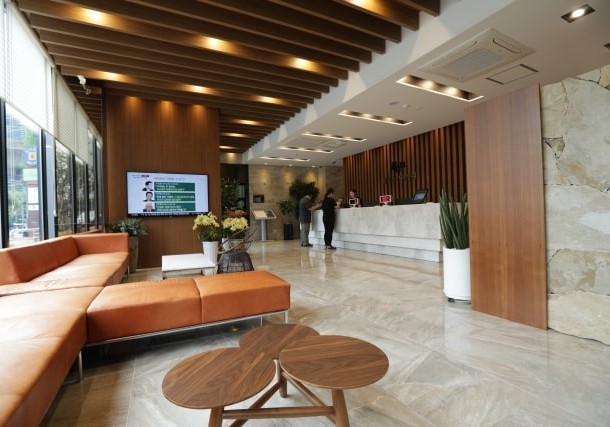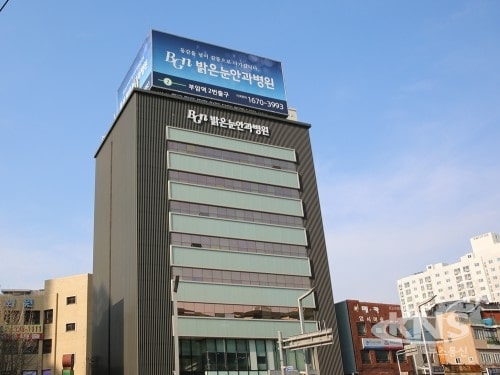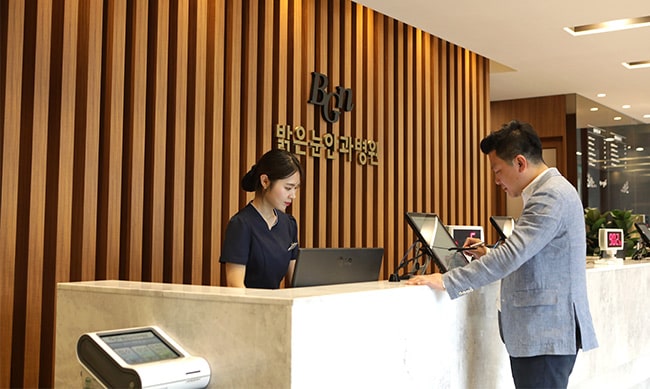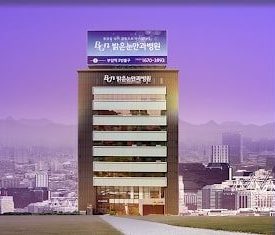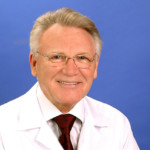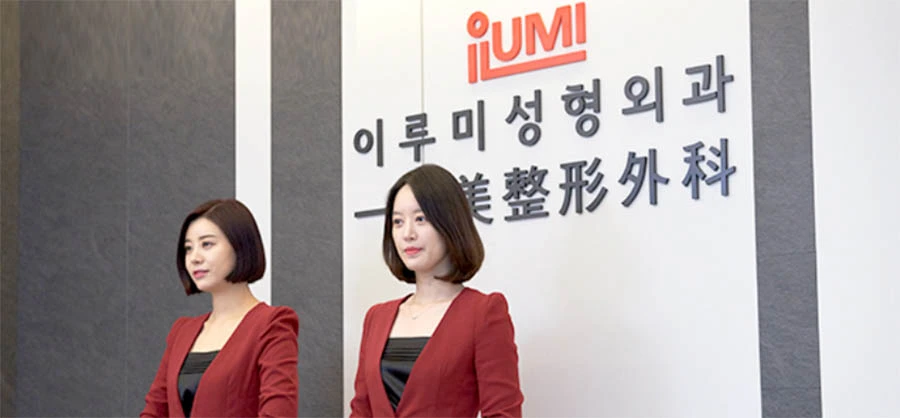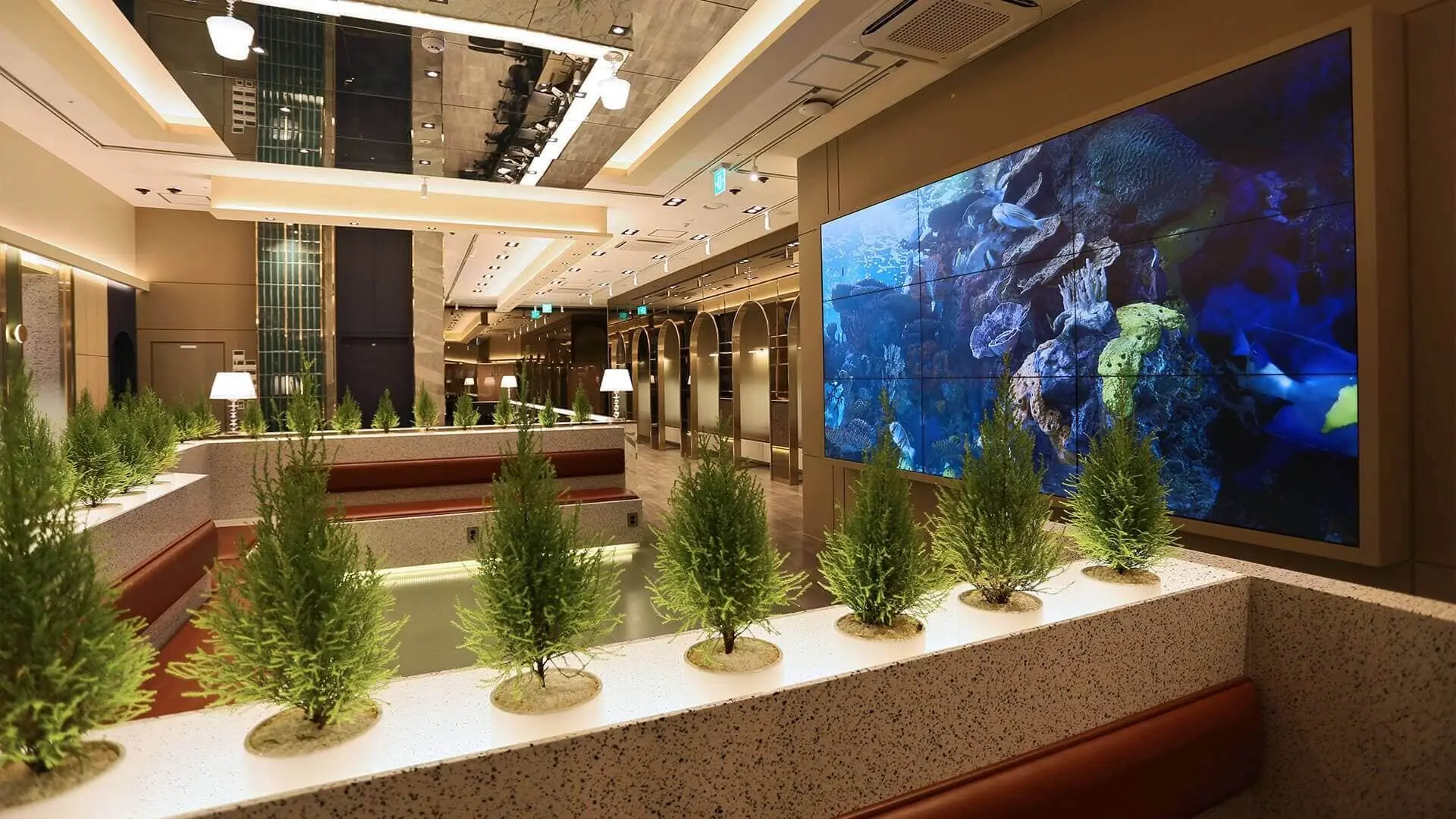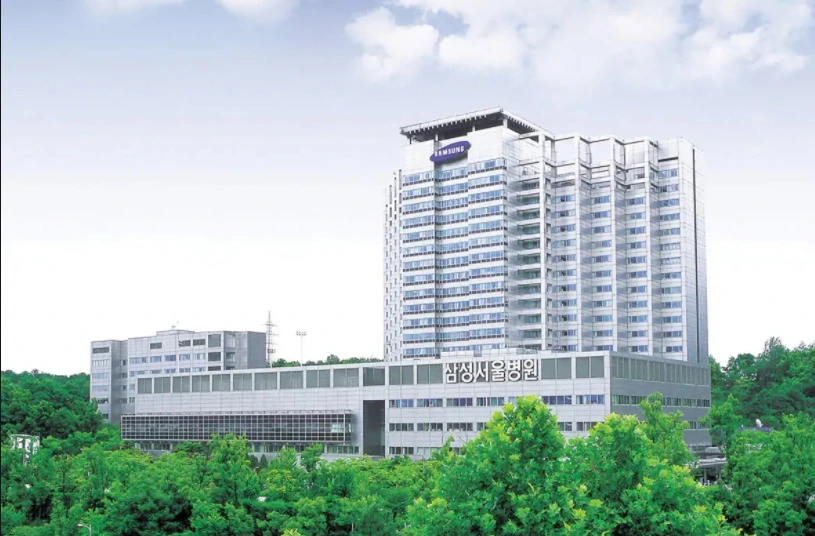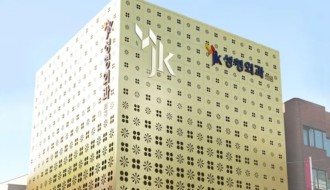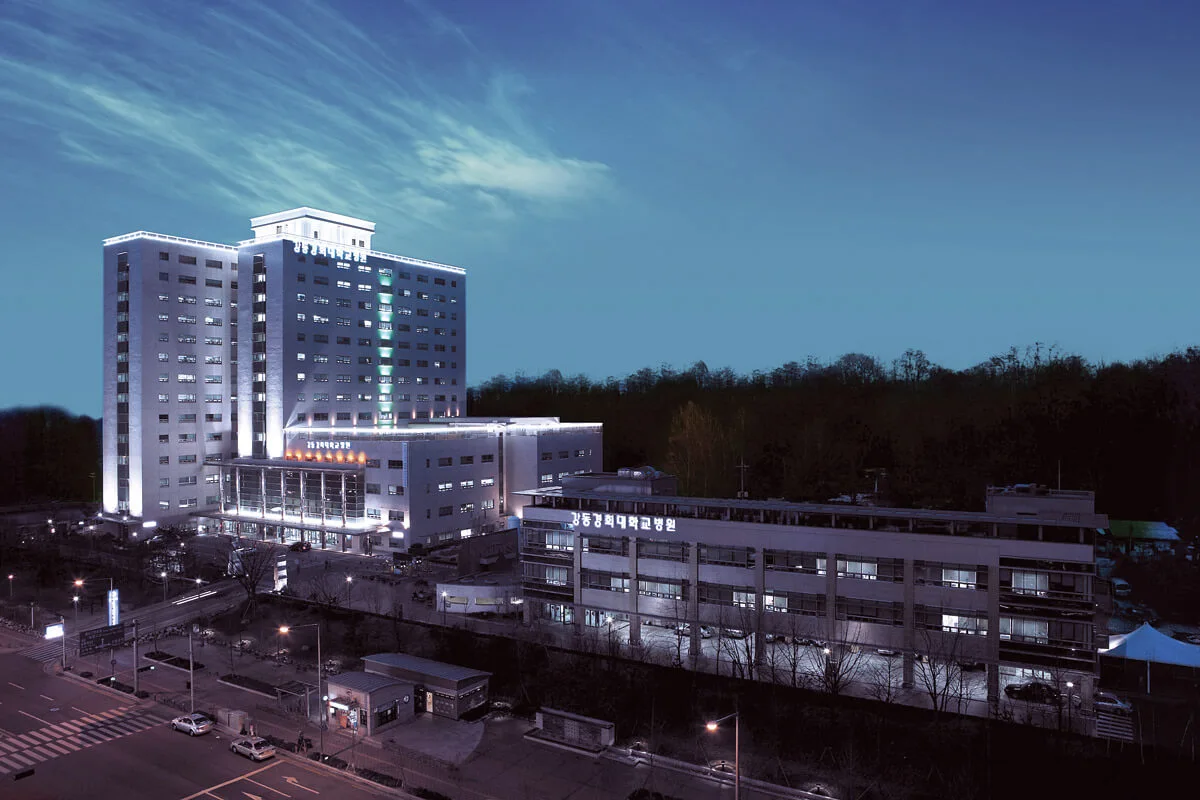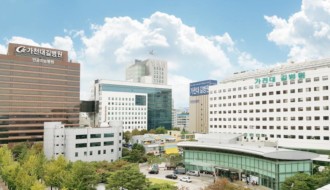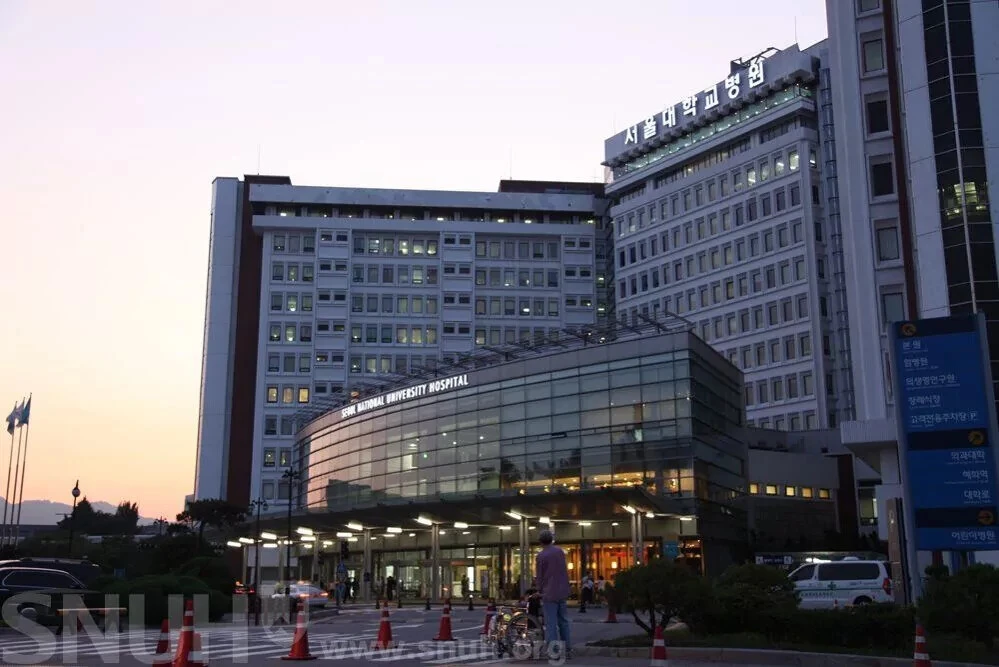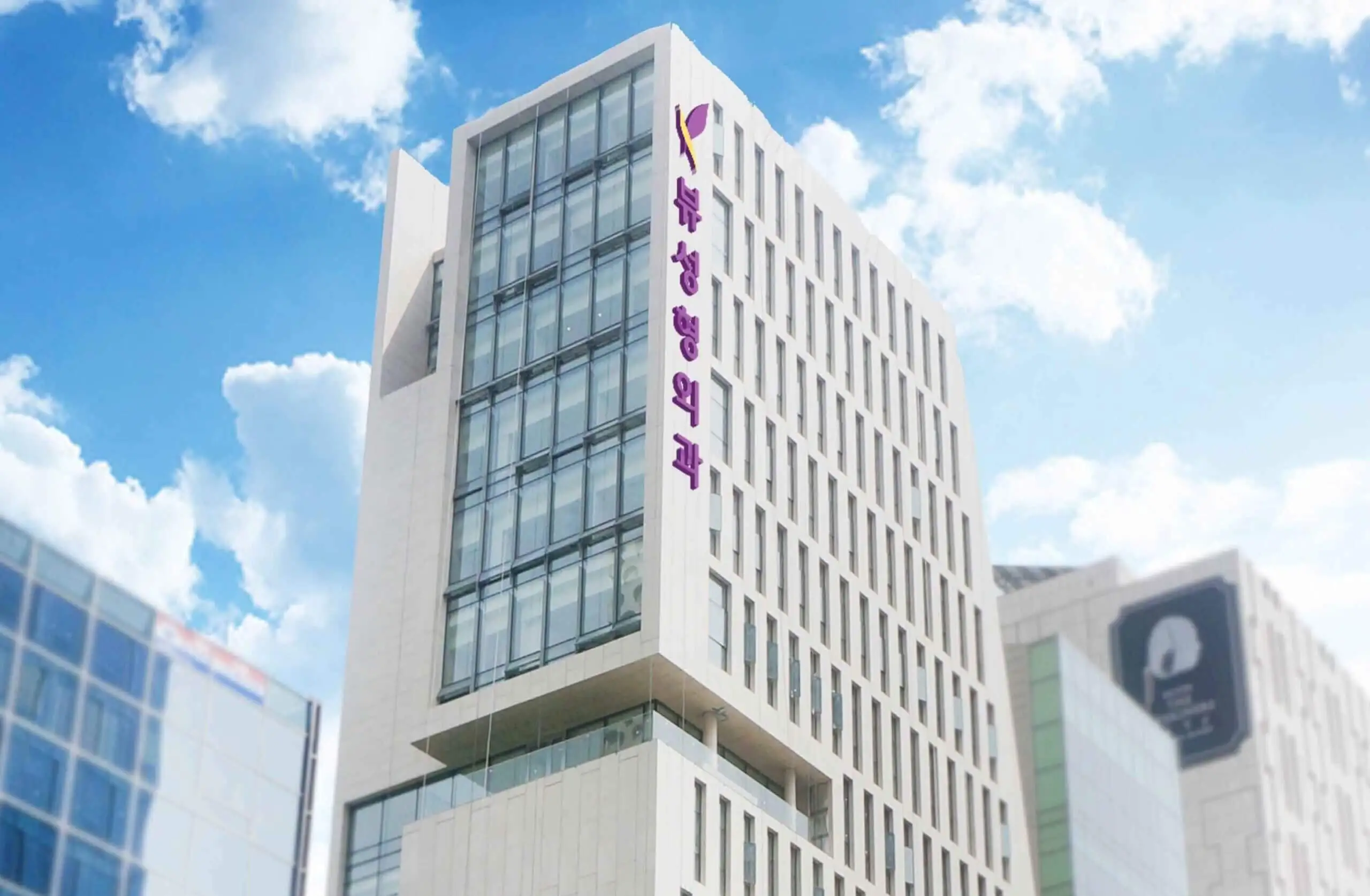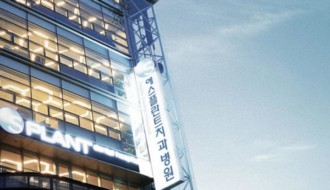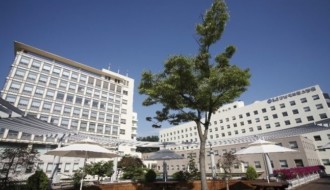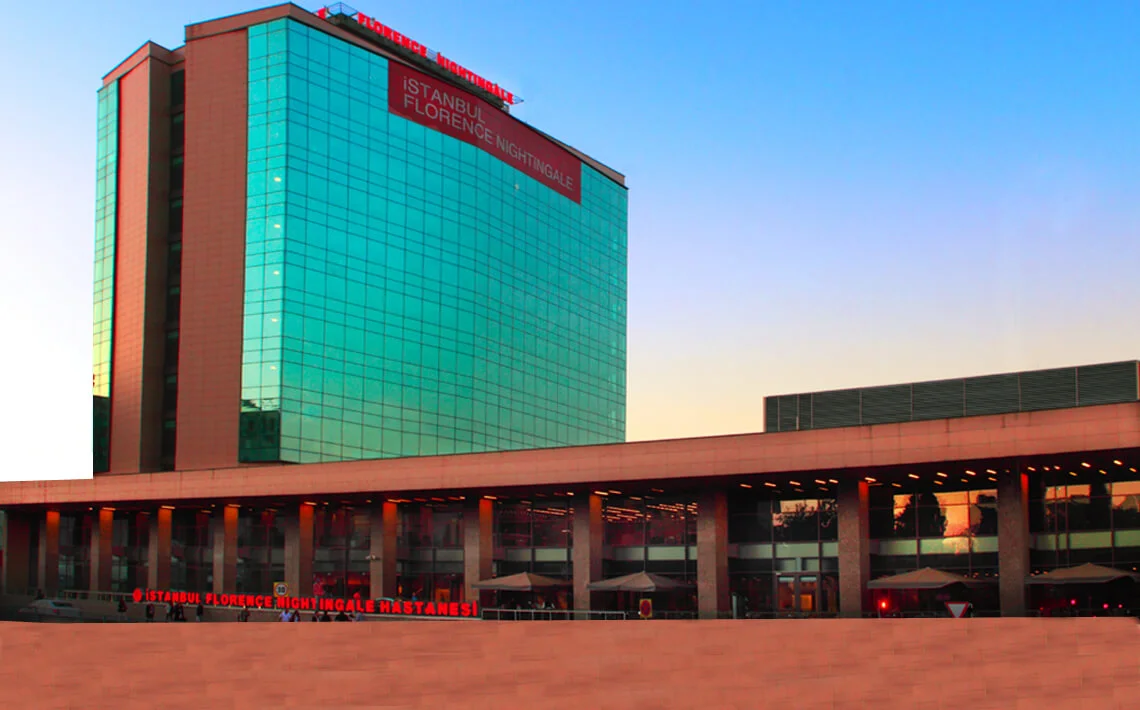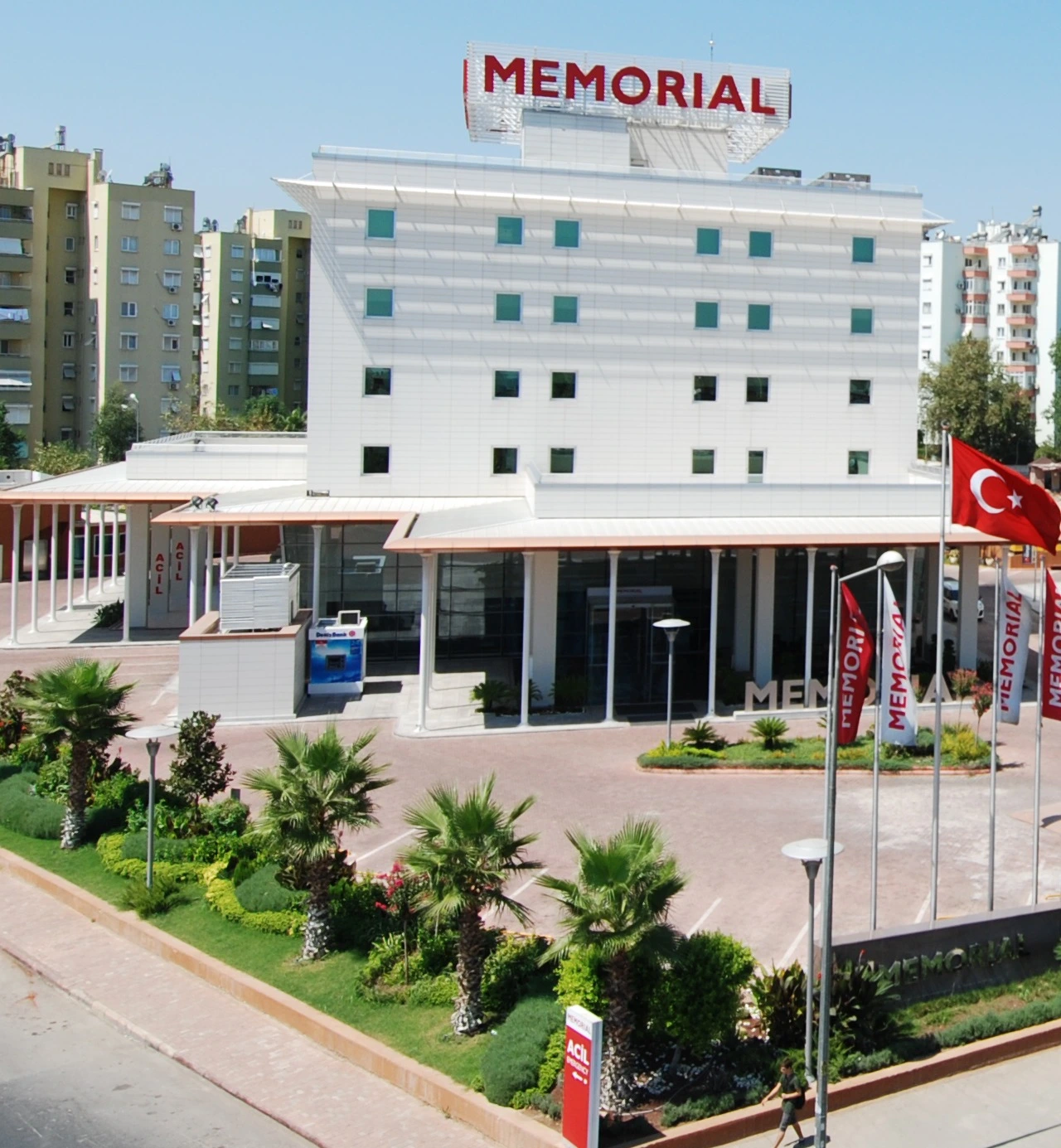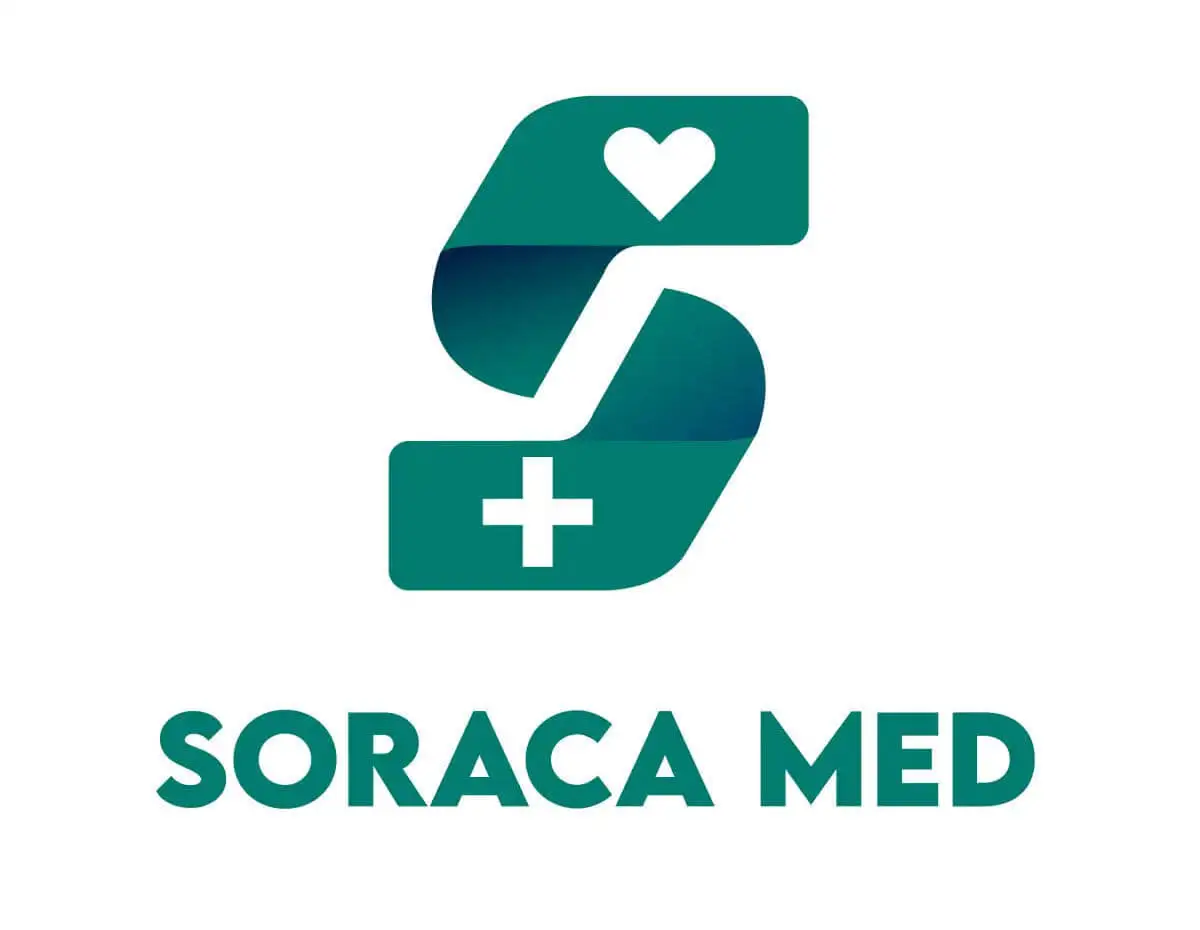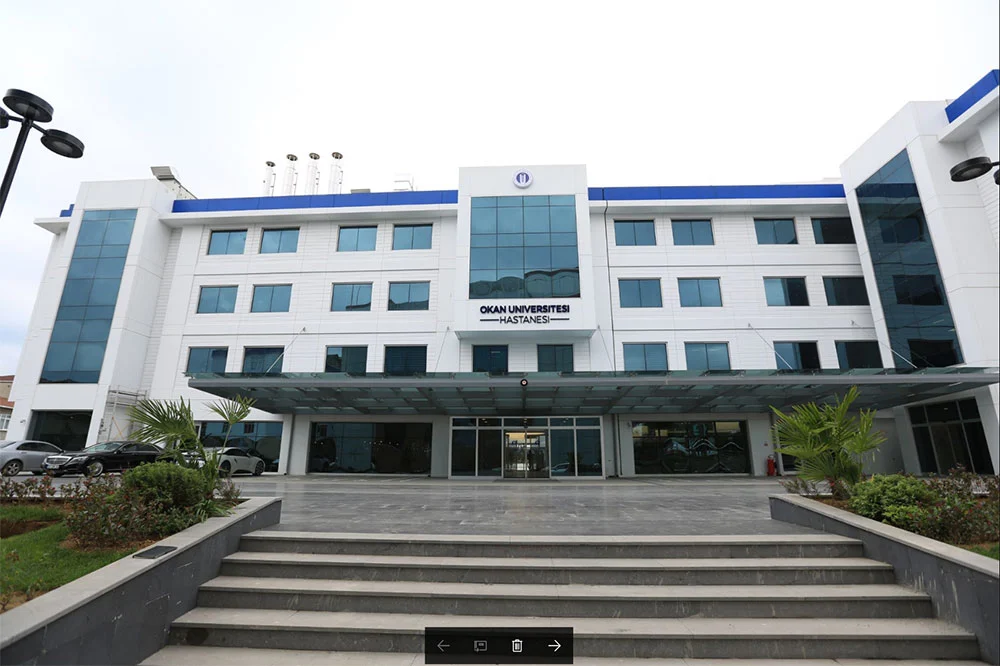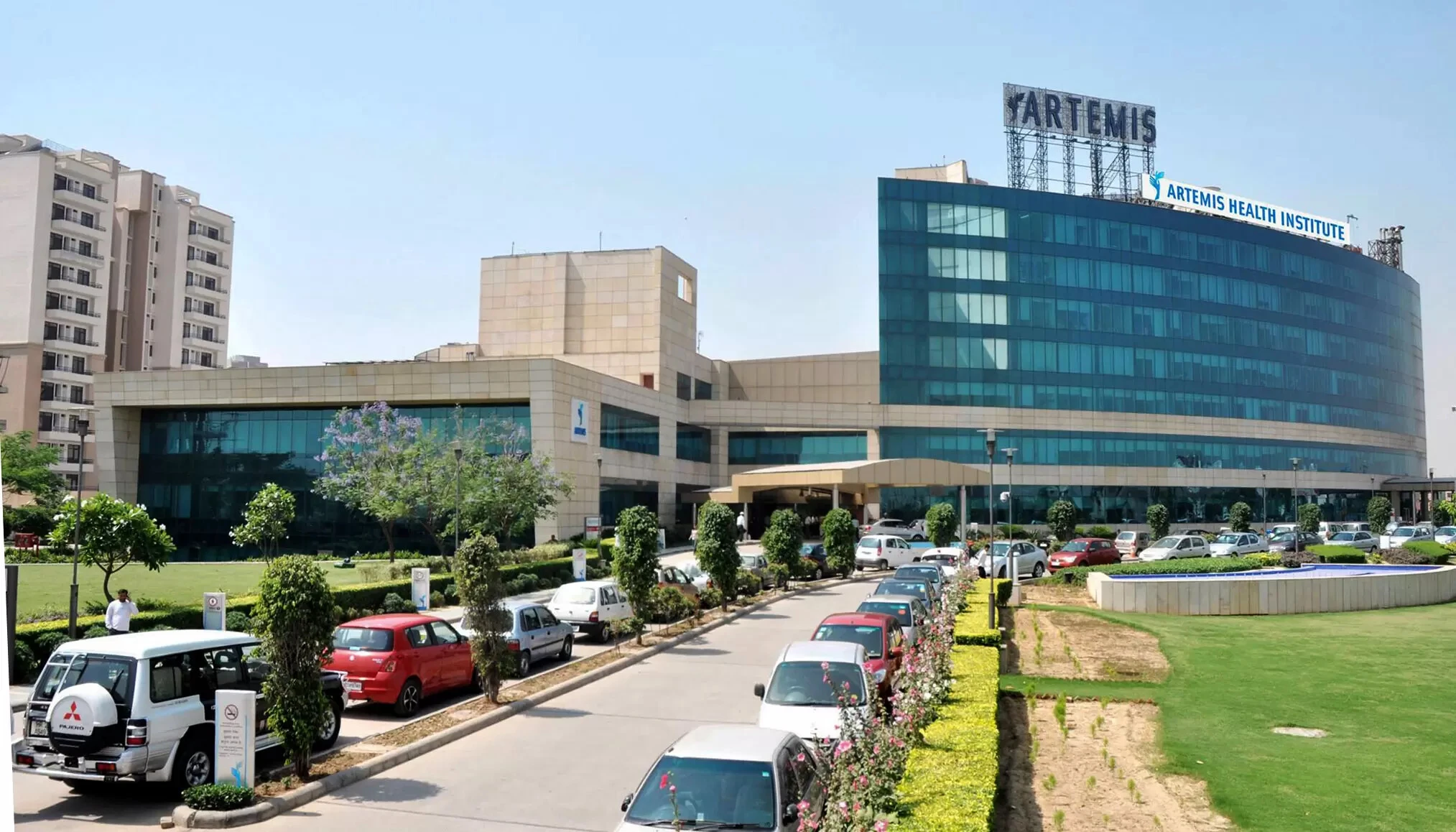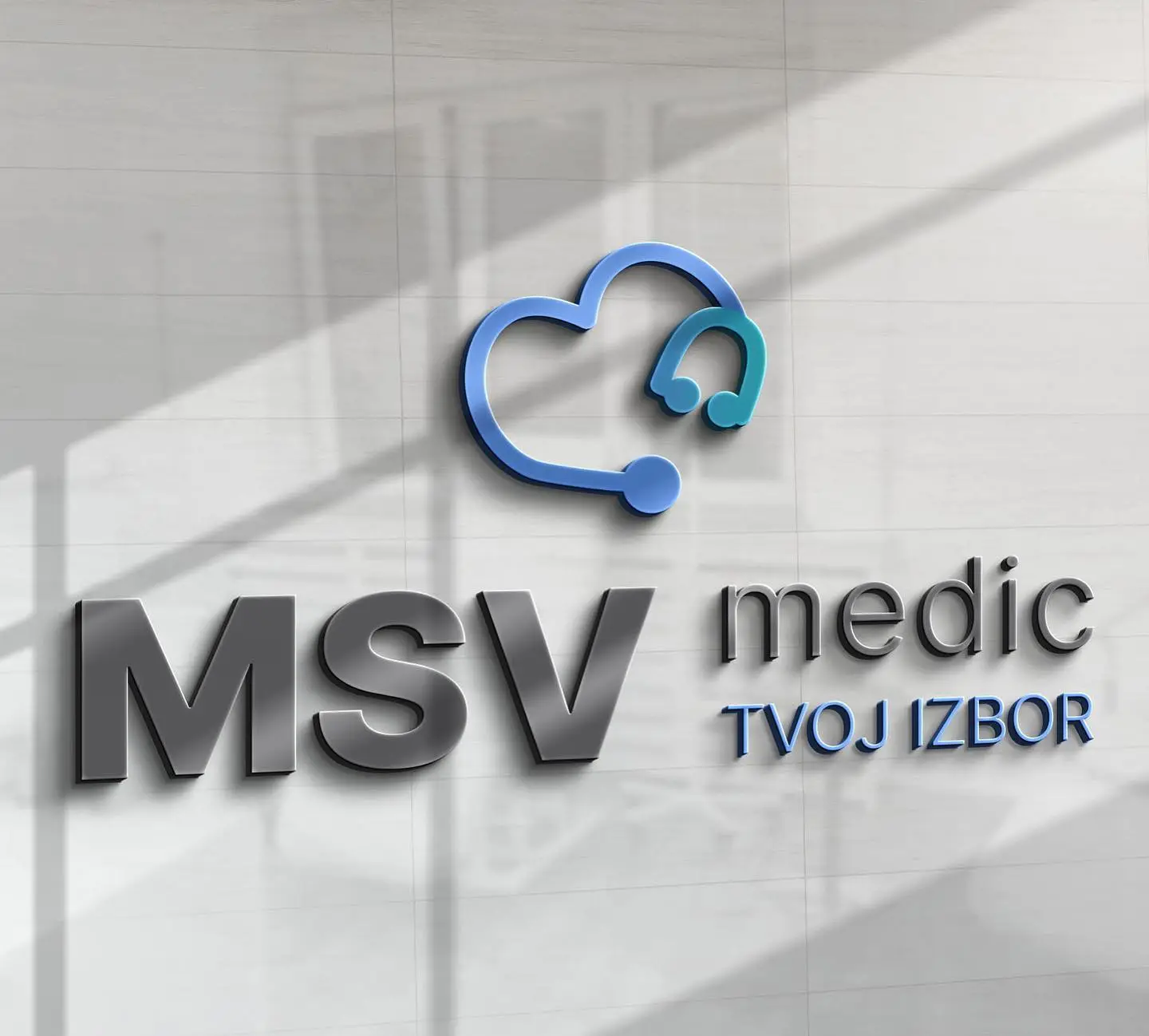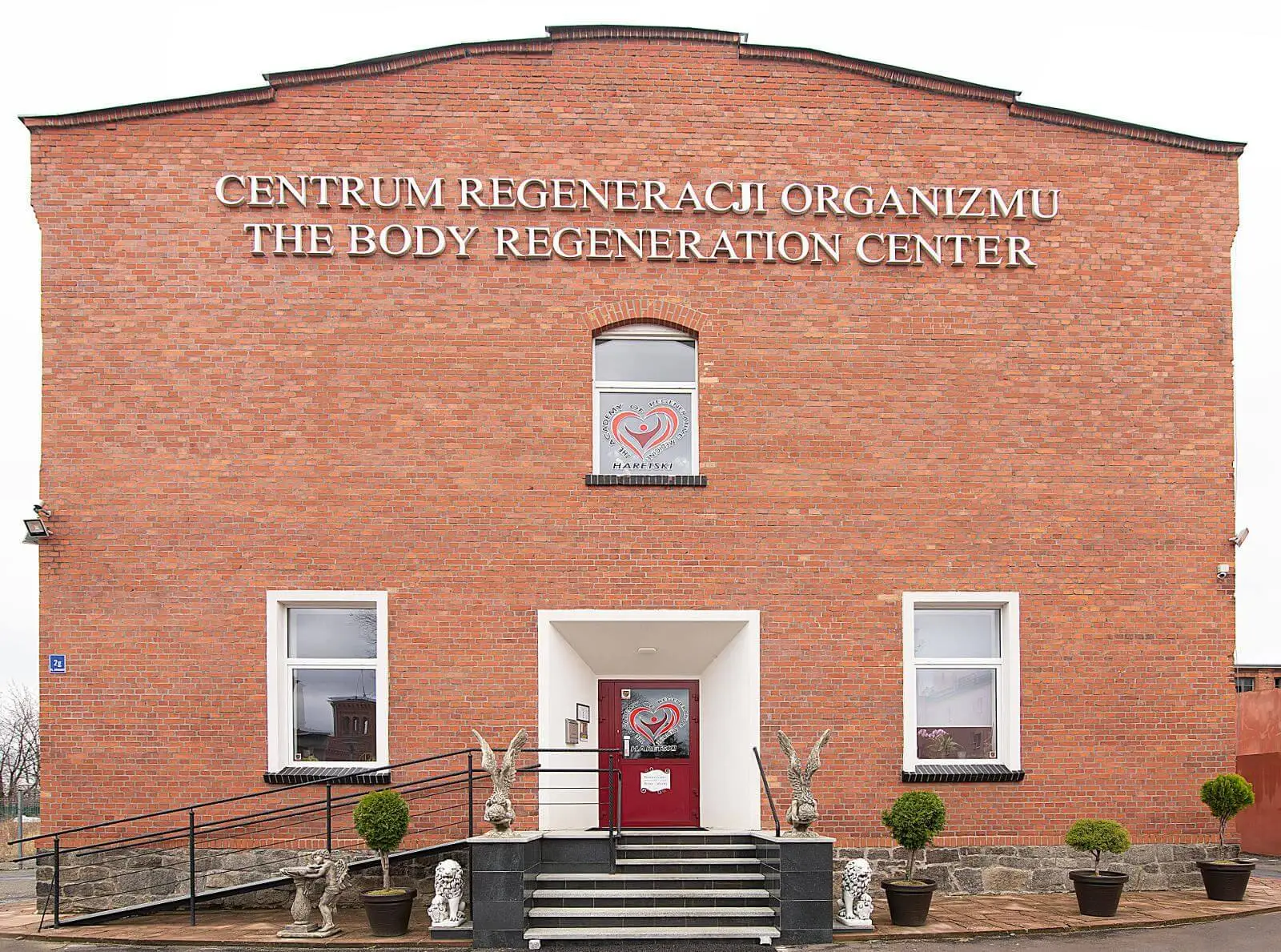Ophthalmological surgeries at BGN Eye Clinic in South Korea
BGN Eye Clinic in Busan offers a wide range of surgical procedures to restore and improve vision. The clinic places particular emphasis on laser vision correction, intraocular lens implantation, treatment of cataracts, and other diseases such as presbyopia, glaucoma, and retinal diseases.
SMILE PRO
Since 2023, the clinic has introduced the latest laser vision correction technology – SMILE PRO. This is an advanced version of the ReLEx SMILE technique, offering minimal intervention and high accuracy. The procedure is performed using the VisuMax 800 femtosecond laser by ZEISS – one of the fastest and safest lasers in ophthalmology. The laser application time is only 9 seconds, which is three times faster than previous generations of technology.
During the procedure, the surgeon forms a thin intra-corneal disc (lenticule) within the corneal layer, which is then removed through a micro-incision less than 2 mm in diameter. This method does not require the formation of a corneal flap, as in LASIK, which significantly reduces the risk of complications, minimizes trauma, and speeds up recovery. Patients typically notice vision improvement within hours and can return to their normal routine the next day. SMILE PRO is especially suitable for people with active lifestyles or athletes. The minimal incision lowers the risk of tissue displacement and virtually eliminates the development of dry eye syndrome.
LASIK
The LASIK method remains one of the most popular and widely used laser vision correction technologies worldwide. At BGN Eye Clinic, the procedure is performed using the latest generation of high-precision equipment. LASIK is used to correct myopia (nearsightedness), hyperopia (farsightedness), and astigmatism.
During surgery, the surgeon creates a thin corneal flap, which is temporarily lifted to allow access to the deeper layers of the cornea. An excimer laser reshapes the cornea to correct its refractive power, after which the flap is returned to its original position. Vision typically improves very quickly: in most cases, patients experience quite clear vision the next day. However, due to the need to create a flap, there is a small risk of flap displacement, especially with mechanical strain, as well as the possibility of dry eye symptoms during the recovery period.
LASEK
LASEK surgery is an alternative to LASIK, particularly for patients with thin corneas, unstable eye parameters, or a higher risk of complications. This method is also based on laser resurfacing of the cornea, but is performed without creating a corneal flap.
During the procedure, the surgeon gently loosens and moves aside the corneal epithelium, then reshapes the cornea using laser treatment. The epithelium is then returned to its place and fixed with a special protective lens for the healing process. Recovery from LASEK is slower than from LASIK or SMILE PRO and may involve discomfort for several days. However, this method is considered more gentle in the long term and is suitable for those who are contraindicated for other laser correction options.
Implantation of intraocular lenses (ICL, Artiflex, Artisan)
Implantation of phakic intraocular lenses is an effective method for correcting high degrees of myopia, astigmatism, and hyperopia in patients who are not suitable candidates for laser vision correction. BGN Eye Clinic uses modern ICL (Implantable Collamer Lens) lenses, as well as Artiflex and Artisan models, which have proven their safety and high optical efficiency.
During the procedure, a flexible lens is inserted through a micro-incision into the anterior or posterior chamber of the eye and placed in either front of or behind the iris without disturbing the natural structure of the lens. Unlike laser correction, surgery with phakic lenses does not change the shape of the cornea and is completely reversible: the lens can be replaced or removed if necessary. The quality of vision achieved is comparable to, or even better than, laser correction, especially for complex refractive errors. This method is particularly suitable for young patients with high myopia and preserved accommodation.
Cataract surgery using the Catalys system
BGN Clinic actively uses advanced equipment for cataract surgery, including the Catalys femtosecond laser platform. This 3D navigation laser allows for surgery to be performed with high precision and minimal trauma. The system automatically scans the eye’s structure, creates precise incisions, softens the lens, and prepares it for removal, after which the surgeon installs the intraocular lens (IOL).
BGN offers a wide range of artificial lenses: from monofocal to advanced multifocal and trifocal IOLs, enabling patients to see well at different distances without glasses. The procedures are performed on an outpatient basis, without the need for hospitalization. Vision is restored quickly.
Treatment of glaucoma and retinal diseases
BGN Eye Clinic provides comprehensive treatment for glaucoma, one of the most serious eye diseases that can lead to irreversible vision loss. Depending on the stage of the condition, treatment may include medication, laser therapy, or surgery. Diagnostic tools include: intraocular pressure measurement, optic nerve evaluation, and retinal tomography. Personalized therapy plans are carefully developed to preserve visual function for as long as possible.
The clinic also treats retinal diseases, including age-related macular degeneration, diabetic retinopathy, and retinal detachment. Treatment options include laser retinal reinforcement and modern vitreoretinal surgical procedures. The clinic’s diagnostic capabilities include fluorescein angiography, OCT (optical coherence tomography), and ultrasound examinations.
Presbyopia correction
For older patients facing age-related farsightedness (presbyopia), the clinic offers solutions to restore clear vision at all distances. The most effective approach is the replacement of the natural lens with a multifocal or trifocal intraocular lens, which provides clear near and distance vision. In certain cases, laser vision correction may be used to create monovision, where one eye is corrected for near vision and the other for distance.
Comprehensive eye examination at BGN Clinic
Before undergoing vision correction or other procedures, patients are offered to undergo a comprehensive diagnosis, including more than 10 specialized tests. The cost of the examination is $200.
The diagnostics include:
- ARK – automated refraction eye test;
- MR – manual refraction test;
- IOP – intraocular pressure measurement;
- fundus examination;
- Retinal OCT (optical coherence tomography);
- glaucoma check, optic nerve evaluation;
- OPTOS – wide-angle retinal imaging;
- SM – corneal endothelial cell count;
- Pentacam – corneal topography;
- slit lamp – structural analysis of the eye;
- ophthalmologist consultation with results review.
If you are interested in restoring your vision at BGN Eye Clinic, please call or write to us. Our MedTour coordinating doctor will provide you with free consultation on any questions that may arise and will help you organize treatment in South Korea.
Would you like to receive a free consultation?
